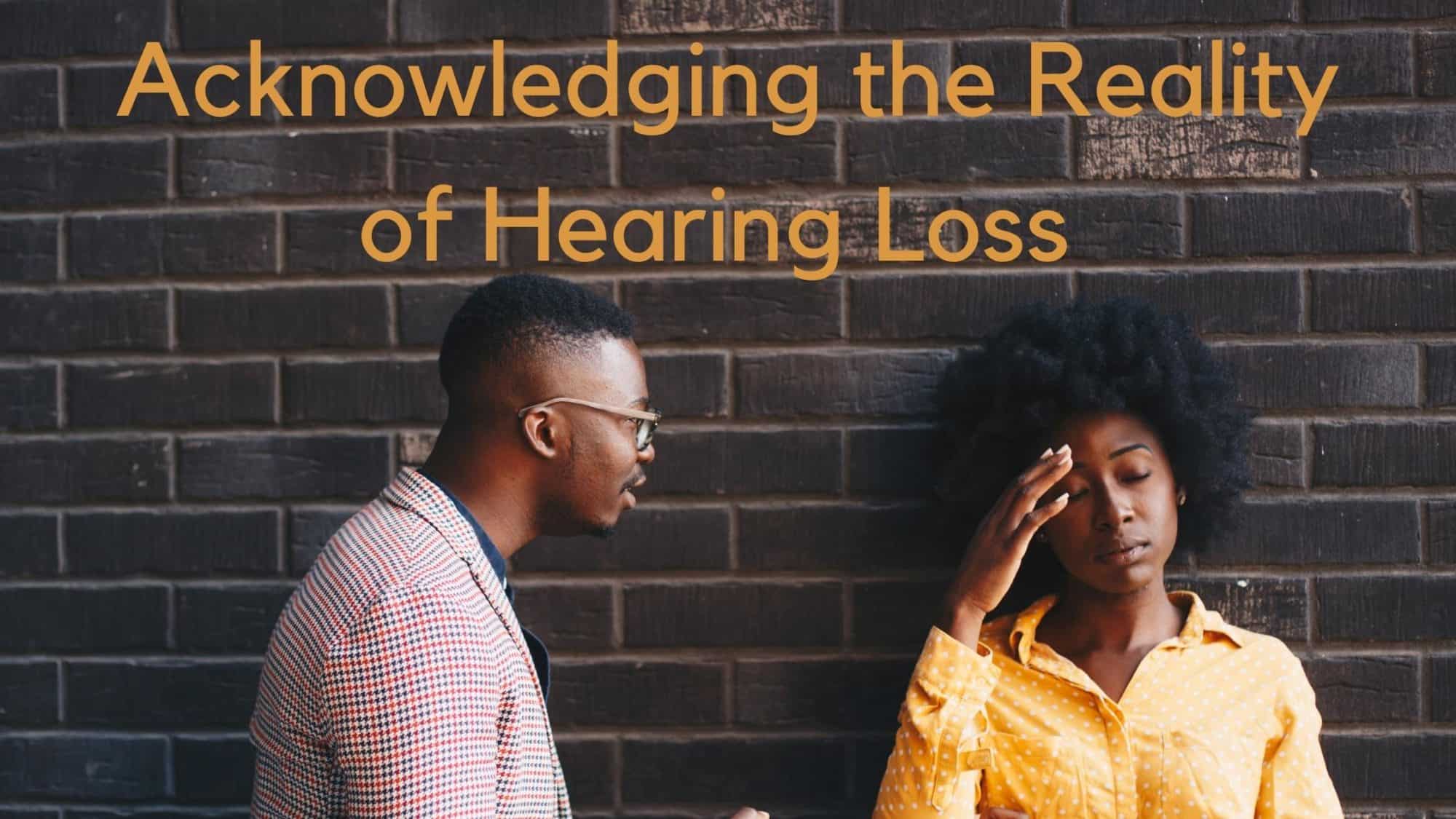- The Connection Between Hearing Loss and Dementia - July 30, 2024
- The Advantages of Rechargeable Hearing Aids - July 16, 2024
- How to Enjoy Music Festivals While Protecting Your Hearing - July 3, 2024
Do you have hearing loss, but you’re afraid to admit that you can’t hear clearly? Children, teens, young adults, and older adults can all have hearing loss. In fact, nearly 50 million Americans of all ages have a hearing loss. Even people in your own family or social circle may have hearing loss. But you or your friends might be refusing to acknowledge the reality of hearing loss. Have you talked about your hearing loss? Are your friends open about their hearing loss? If hearing loss is so common, then it makes you wonder why we aren’t all acknowledging the reality of hearing loss and seeking treatment.
Facing the Stigma of Hearing Loss
Sadly, there is a stigma surrounding hearing loss. This stigma doesn’t exist for all health issues, for example it’s not there for broken bones, or vision problems. If you break your arm you go to the doctor and get a cast. If you can’t see clearly, you go to the optometrist and get glasses. But if you have hearing loss, you pretend you can still hear, and you avoid going to the audiologist.
The stigma of hearing loss is based on a false assumption that only very elderly people have hearing loss. No one wants to talk about their hearing loss because they worry that acknowledging the reality of their hearing loss will mean they’re old. They don’t want to wear hearing aids since they’re worried it will be a visible sign that they’re getting older.
Anyone Can Have Hearing Loss
The truth is that people of all ages can have hearing loss. Some infants are born with a hearing loss, and some school-aged children wear hearing aids. Teens and young adults have a very high risk of hearing loss from listening to their music on the highest volume setting, or going to a few too many loud concerts without hearing protection. Adults can have hearing loss from a noisy job, or from an illness or injury.
Older adults can have age-related hearing loss, but this is only one kind of hearing loss. And even age-related hearing loss starts much sooner than you think. This hearing loss starts to affect your ears when you’re in your 40s or 50s.
Ignoring Your Hearing Loss is a Bad Idea
Rather than acknowledging the reality of hearing loss, you may give in to this stigma. You choose to ignore your hearing loss and don’t look for hearing aids that will help you hear all the sounds you want to hear. You simply decide hearing loss is no big deal.
However, untreated hearing loss can have some major consequences. You’ll struggle to communicate with family and friends, miss important details at work, and feel anxious or embarrassed when you can’t understand what’s been said. Hearing loss is even a safety issue, and you’re more likely to have a vehicle accident or an accident at work. Hearing loss can lead to feelings of social isolation, loneliness, and depression.
Acknowledging Your Hearing Loss
The first step towards your healthy future is to talk about hearing loss! Acknowledge that you have a hard time hearing and be open with your family and friends. When you open up, some of your friends may have the courage to speak up too. Start by acknowledging the circumstances when you can’t hear. This could be in a crowded restaurant with friends, or at a noisy birthday party with family. When you can talk openly about your hearing loss, you’ll be surprised at how willing your family is to help you hear.
Treating Hearing Loss
Modern hearing aids are incredible devices that can enhance speech, reduce background noise, or even connect to your phone. These sleek devices are both fashionable and extremely functional. And if you don’t want anyone to see your hearing aids, they can tuck behind your ears or even sit within your ear or ear canal.
Schedule a Hearing Test
Ready to take the next step? Schedule a hearing test with us. This test will show you what sounds you can’t hear, and we’ll recommend the best hearing aid options for your hearing needs and lifestyle. You’re welcome to bring a friend or family member with you to the appointment, and they can help you make the right decision for your hearing health.

